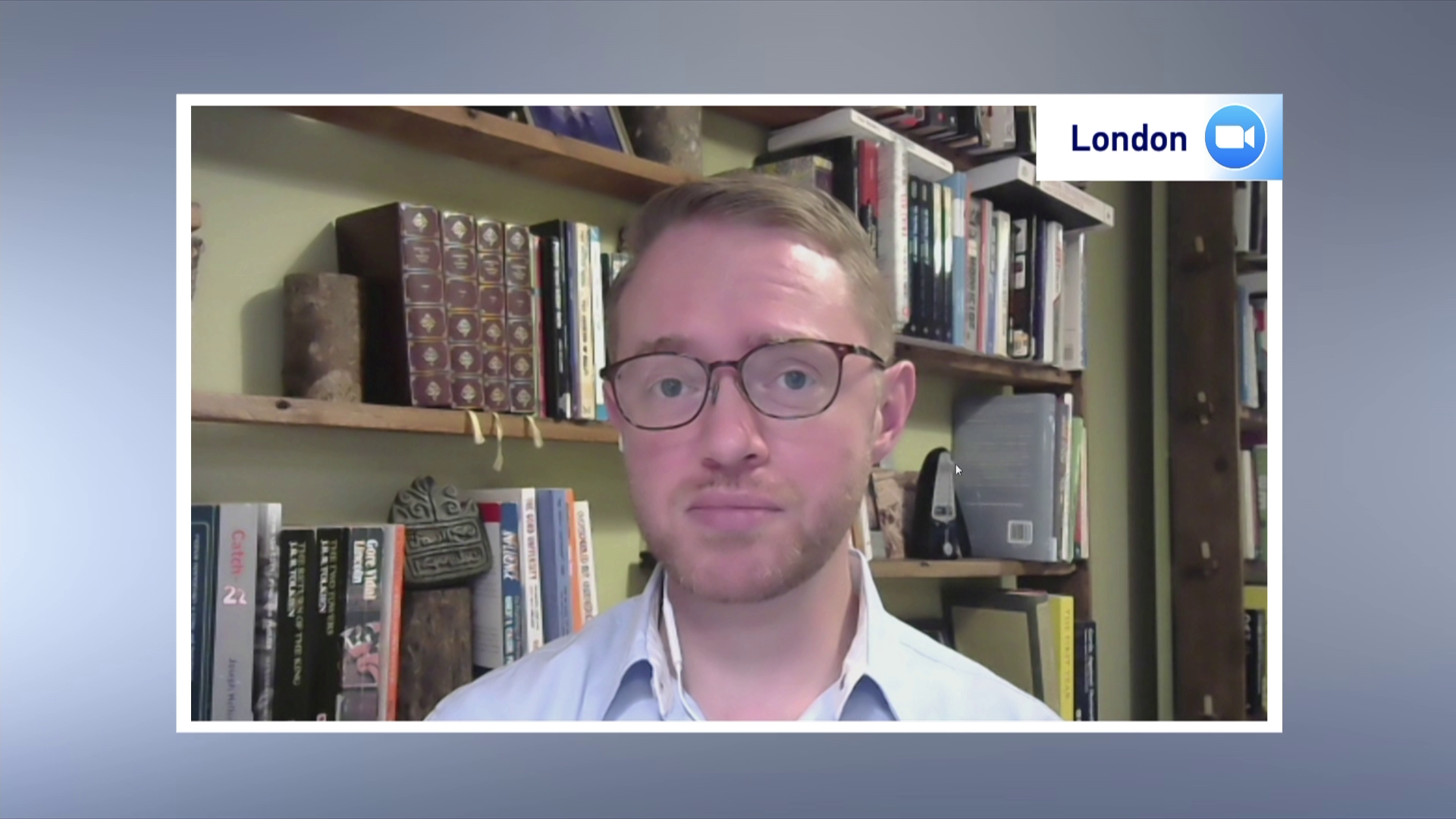
UK Prime Minister Boris Johnson is due to talk to the European Commission president. /AFP
UK Prime Minister Boris Johnson is due to talk to the European Commission president. /AFP
The prospect of a post-Brexit trade deal being struck between the European Union and the UK hangs in the balance after talks failed to reach a compromise on the key remaining dividing lines.
Negotiations have been intensifying, with just 24 days left to salvage a deal before the Brexit deadline on December 31. And UK Prime Minister Boris Johnson is now set to travel for in-person talks,
The EU's chief negotiator Michel Barnier and his UK counterpart David Frost held further talks in Brussels on Monday in an attempt to find a resolution.
UK Prime Minister Boris Johnson and European Commission President Ursula von der Leyen spoke by phone on Monday evening, but afterwards issued a joint statement saying: "We agreed that the conditions for finalizing an agreement are not there due to the remaining significant differences on three critical issues: level playing field, governance and fisheries.
"We asked our chief negotiators to prepare an overview of the remaining differences to be discussed in person in the coming days."

Earlier on Monday, Ireland's Foreign Minister Simon Coveney told RTE News: "I'd like to be giving more positive news but at the moment these negotiations seem stalled and the barriers to progress are still very much in place."
Reuters also reported that Barnier told EU ambassadors on Monday he was "rather downbeat as to the prospects of agreement."
For weeks, the two sides have been haggling – as yet without a result – over fishing rights in UK waters, ensuring fair competition for companies and ways to solve future disputes.
The EU says that without access to UK fishing waters, the UK fishing industry won't be allowed to have the same special access to the EU to sell their products that they currently enjoy.
If a deal isn't struck, the UK will trade with the EU on World Trade Organization terms, leading to new tariffs and price rises for some goods. There will also be increased bureaucracy for businesses that trade across the border.
While there remains a small glimmer of hope of a late deal being struck, political commentators believe talks are now doomed to fail.
Lee Jones, reader in international politics at Queen Mary University of London, said to CGTN: "The negotiating positions [between the EU and UK] have never been compatible from the beginning. "The two sides are really quite fundamentally far apart."
04:55

The UK has been a member of the EU for decades, but voted by 51.9 percent to 48.1 percent to leave the bloc in a referendum in June 2016.
Although the UK formally left the EU in January, it is currently in a transition period until the end of the year, during which its existing trade rules have been unchanged. The aim was that the two sides could agree a more permanent trading relationship during the transition period.
Source(s): Reuters

